What is Paraben Free Makeup?
What is Paraben Free Makeup?
Paraben-free personal care products are in higher demand than ever, and makeup is no exception. Whether you're worried about the potential health risks involved with too much paraben exposure, or have simply found that paraben-containing products don't work well for your skin type, you have a lot of options in the world of cosmetics.
The catch is often knowing what cosmetic companies use in place of parabens. Parabens are a type of preservative meant to extend the shelf life of your makeup and beauty products (and household cleaners and laundry detergents), preventing potentially dangerous bacterial growth. Given the endocrine disruption capacity and documented female and male reproductive harm, coupled with the potential for repeated lifelong exposure, it is clear that long-chain parabens (isobutyl-, butyl-, isopropyl- and propylparaben) should not be used in personal care or cosmetic products. Further, products can be made without these chemicals.Since cosmetics contain ingredients that can biodegrade, these chemicals are added to prevent and reduce the growth of harmful bacteria and mold, increasing the shelf life of the product.
This article will introduce paraben to you from the following aspects: the definition of paraben; the products containing parabens; the health effects of parabens; good alternatives to parabens.
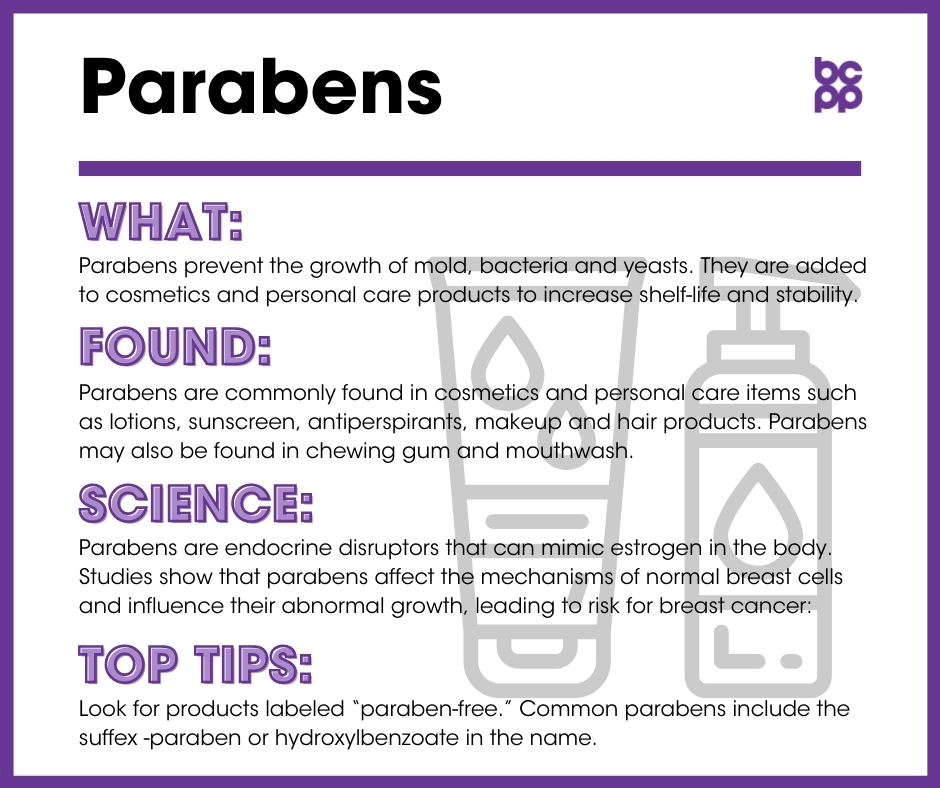
What is parabens?
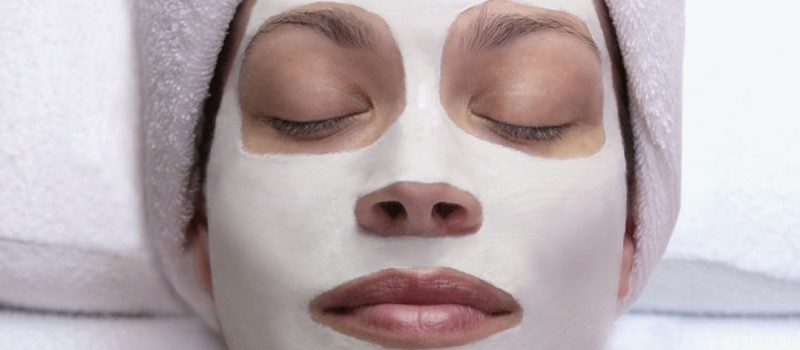
Parabens are chemical preservatives used in a variety of personal and household products. They can be labeled as butylparaben, methylparaben, ethylparaben, and propylparaben, but are also sometimes listed as alkyl parahydroxy benzoates.
Cosmetics typically contain mixtures of different types of parabens. The most commonly used six types are methyl-, ethyl-, propyl-, isopropyl-, butyl- and isobutylparaben. The so-called shorter-chain parabens, methyl- and ethyl-, are commonly used in combination, whereas butylparaben is often used alone. The longer-chain parabens, propyl- and butyl-, are linked to stronger estrogenic activity. The branched structure has been shown to increase estrogenic activity as well as sensitization potency.
What products contain parabens?
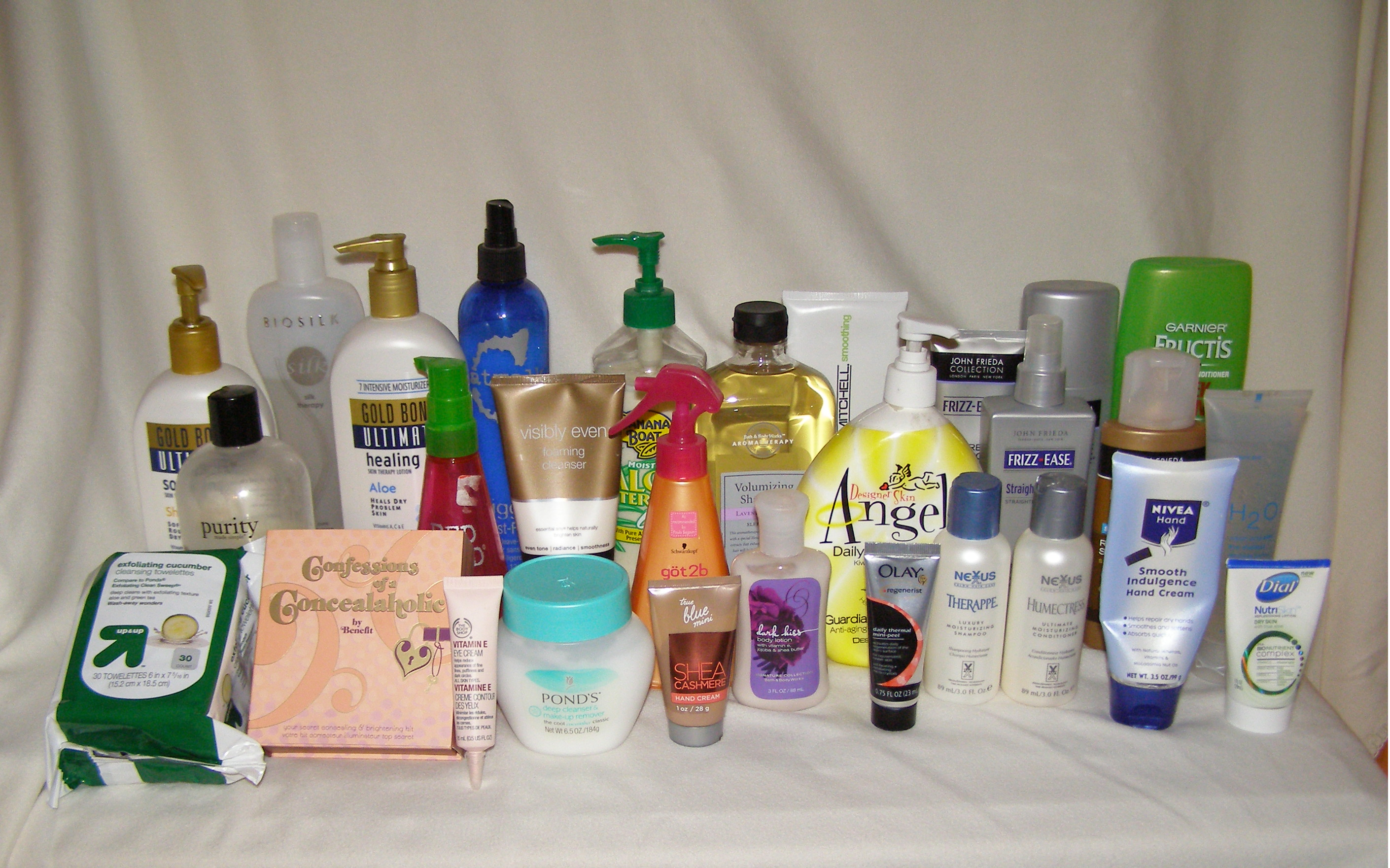
Parabens are used in a wide variety of leave-on and rinse-off products, especially those with a high water content, such as shampoos and conditioners, which people use every day. Their antimicrobial properties are most effective against fungi and gram positive bacteria. Moisturizers, face and skin cleaners, sunscreens, deodorants, shaving gels, toothpastes, makeup and many other products contain parabens.
They are absorbed into the body through the skin, metabolized and excreted in urine and bile. However, daily use of a product or multiple products containing parabens results in direct and continuous exposure, as indicated by nearly ubiquitous detection in biomonitoring surveys.
Personal care products are the greatest contributors to paraben exposure, as seen in studies comparing paraben levels in the bodies of women, men, adolescents and children who regularly use cosmetics and those who do not. Adolescent girls who wear makeup every day had 20 times the levels of propylparaben in their urine compared to those who never or rarely wear makeup. The use of body and face lotions, hair products, sunscreens and makeup have all been predictors of and correlated with remarkably increased levels of urinary parabens.
Preliminary research has shown that parabens not only mimic the hormone estrogen, but they also deeply penetrate deep into the skin's matrix and can build up over time. While both of these elements individually are known cancer and skin toxicity risks, there's no research directly linking parabens to an increase in cancer risk. More work still needs to be done to properly assess the total risk of using parabens, but officially, they're listed as safe by the FDA.
Why we should aviod parabens?
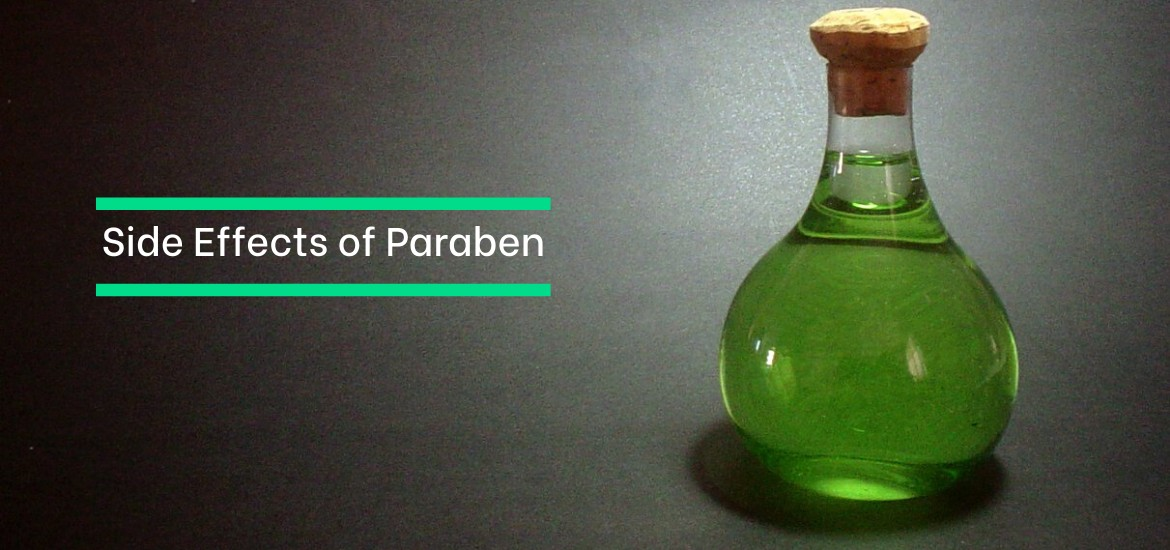
Endocrine disruption and reproductive harm
Parabens can act like the hormone estrogen in the body and disrupt the normal function of hormone systems affecting male and female reproductive system functioni oduction of hormones. The U.N. Environment Programme has identified parabens as a group, including propyl- and butylparaben, as endocrine-disrupting chemicals or potential endocrine-disrupting chemicals. The Danish Centre on Endocrine Disruptors has also identified butyl- and isobutylparaben as endocrine disruptors.
In animal studies, propyl-, isopropyl- and isobutylparabens disrupted hormone signals, and exposure to all these parabens and butylparaben harmed female reproductive development. In another animal study, developmental exposure to butylparaben harmed male reproduction by decreasing sperm production and lowering testosterone levels. Boberg found exposure to butylparaben during development in rats harmed both female and male reproductive systems. Sperm count was decreased at very low doses of only 10 mg/kg of body weight per day.
In human studies, researchers from the Harvard T.H. Chan School of Public Health found decreased fertility was associated with urinary propylparaben. Another human study linked butylparaben and total urinary paraben levels with decreased fertility, as indicated by decreased menstrual cycle length. Butylparaben levels in the mother's urine and levels in cord blood were associated with increased odds of pre-term birth and decreased birth weight.
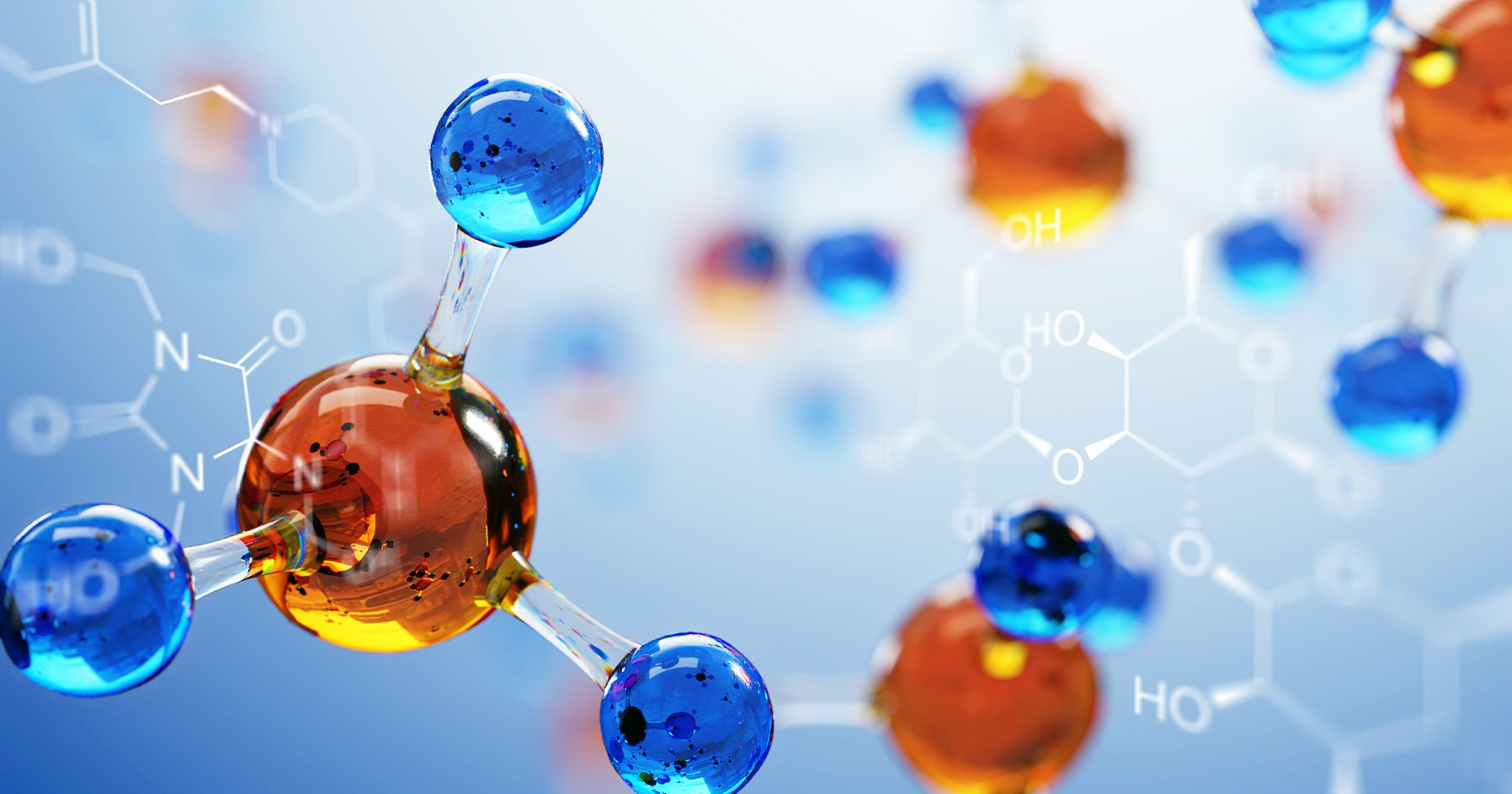
Endocrine disruption and cancer
Scientists are concerned about the exposure to environmental estrogens and how they may contribute to the risk of cancer, particularly breast cancer in women. Propylparaben can alter the expression of genes, including those in breast cancer cells, and accelerate the growth of breast cancer cells. A recent University of California-Berkeley study found that low doses of butylparaben, previously not considered harmful, worked in conjunction with other cell receptors to switch on cancer genes and increased the growth of breast cancer cells.
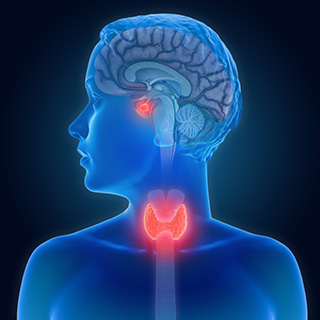
Skin irritation
The skin can become sensitized to products containing parabens, which results in irritation (CIR 2006). The potency of sensitization has been shown to be related to the side-chain length of parabens (Sonnenburg 2015).
Good Alternatives to Parabens
The catch is often knowing what cosmetic companies use in place of parabens. Parabens are a type of preservative meant to extend the shelf life of your makeup and beauty products (and household cleaners and laundry detergents), preventing potentially dangerous bacterial growth. Given the endocrine disruption capacity and documented female and male reproductive harm, coupled with the potential for repeated lifelong exposure, it is clear that long-chain parabens (isobutyl-, butyl-, isopropyl- and propylparaben) should not be used in personal care or cosmetic products. Further, products can be made without these chemicals. Since cosmetics contain ingredients that can biodegrade, these chemicals are added to prevent and reduce the growth of harmful bacteria and mold, increasing the shelf life of the product.
But if you opt for paraben-free, it's important to choose products that employ healthy, yet effective alternatives. After all, you don't keep your makeup in the refrigerator, so it needs to have some sort of preservative in it if you want it to last.
Good Alternatives to Parabens
There are both natural and synthetic alternatives to parabens that are considered safe. Safety is a consideration both in the effects the alternatives might have on the human body, but also in its efficacy as a preservative. Parabens are often used in combination with other preservatives to cover a wide range of antibacterial protection, so the alternatives you choose should be just as effective.
Natural Alternatives
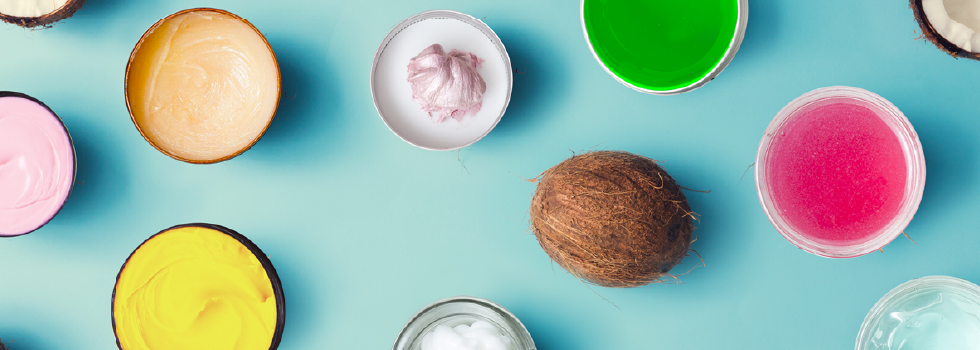
Choosing paraben-free makeup with natural preservatives is one of the best ways to ensure that you're avoiding harmful chemicals in your cosmetics. Natural preservatives include essential oils and botanicals, vitamins, sodium benzoate, and vegetable-derived glycerin.
Essential oils like rosemary and lemon have natural antibacterial properties, as do tocopherols (vitamin E). While these products are safe and effective alternatives to parabens, they do have a bit of a shorter shelf life. And the addition of an effective enough quantity of essential oils into your makeup products could end up hiking up the price. Ideally, products preserved with these ingredients will be used up within a year in order to assure that there's no bacterial infiltration.
Sodium benzoate naturally occurs in a number of fruits, barks, and herbs, and is considered a 100 percent natural preservative. It's also less expensive to produce than essential oils and has a longer shelf life. It's generally regarded as safe and is often used in combination with potassium sorbate for further antimicrobial protection.
Vegetable-derived glycerin is also called ethylhexylglycerin. While technically this product is made in a lab, it's derived from grains and other plants, so we're considering it a natural product for our purposes. It's an inexpensive alternative to parabens while still remaining effective as a preservative. Studies have shown it to be a skin irritant to some, so if you try makeup containing it, you might want to start with an inconspicuous area first, just to make sure you don't react to it.
Synthetic Alternatives
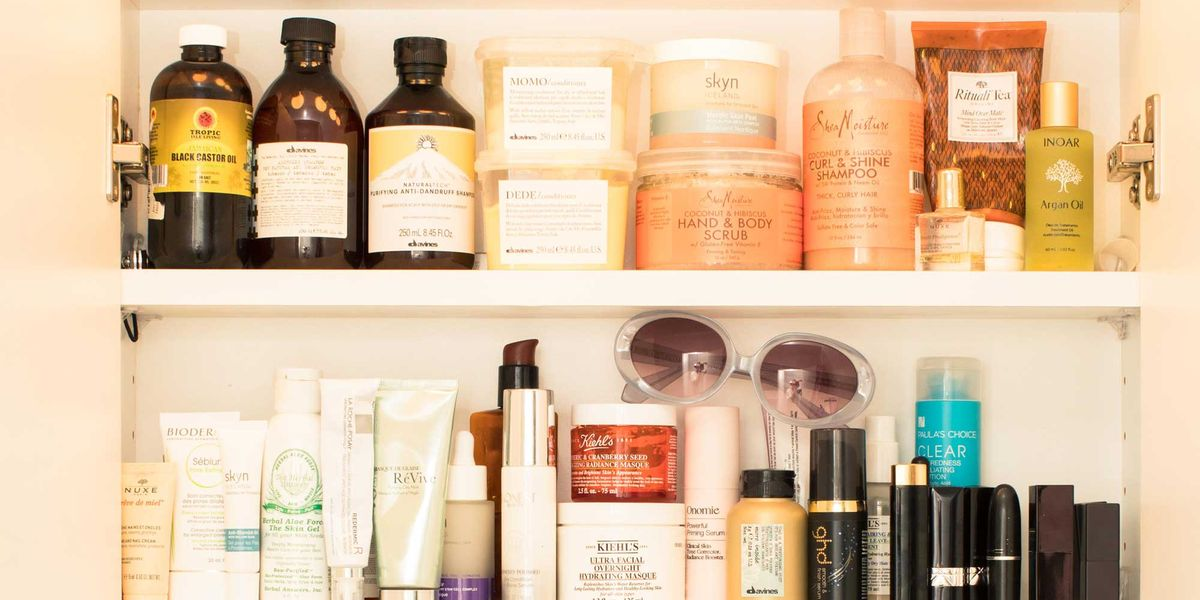
While consumers looking for natural products tend to shy away from the word "synthetic," the word itself doesn't inherently mean anything particularly negative. Water-soluble synthetic preservatives that don't remain in your bloodstream or accumulate over time can be just as safe as their natural counterparts.
A combination of caprylyl glycol and phenethyl alcohol is approved in both the U.S. and Europe as a safe and effective alternative to parabens. Both of these ingredients are alcohol-based and flush from the system easily.
